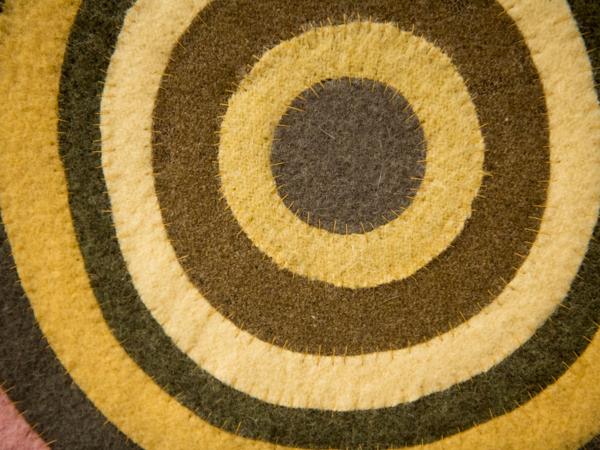Museum Exhibition
Nicholas Galanin (Tlingit/Aleut) creates work that considers the intersection of native and non-native cultures in the U.S. The exhibition features an installation of two video pieces that invite viewers to reimagine colonization not as a one-way process, but as a dynamic system of cultural exchange. The installation also includes monoprints from the series Let Them Enter Dancing.
Several years ago, Marcos Ramírez ERRE and David Taylor resurveyed the U.S.-Mexico border as it existed in 1821. Running from the Gulf of Mexico to what is now the demarcation between Oregon and California, the border shifted radically; enormous areas of what had been Mexico were ceded to the U.S. Along their journey, Ramírez ERRE and Taylor placed obelisks similar to those that mark the miles of the current border and photographed them in the sites they would have occupied in 1821. The resulting installation, DeLIMITations, features one of these monuments, a video work and 48 photographs of monuments sited along their route.
Umar Rashid (also known as Frohawk Two Feathers) has created paintings and works on paper that reimagine the history of colonization in the Americas. His elaborate and often funny narratives, which feature invented nations and recurring characters, offer viewers alternative visions of the struggle for land and power on American soil. For this exhibition, Rashid has created new works that illustrate his own imagined history of clashes and cultural collisions between native peoples and European colonizers in the American West.
The work of Marie Watt (an enrolled member of the Seneca Nation of Indians) draws on ideas from history, indigenous principles, feminism and her desire to use her practice to build community. Many of her projects incorporate the woolen blanket. For Watt, blankets are loaded with history and symbolism, used as a ritual objects, given as gifts, or used to cover and protect.
